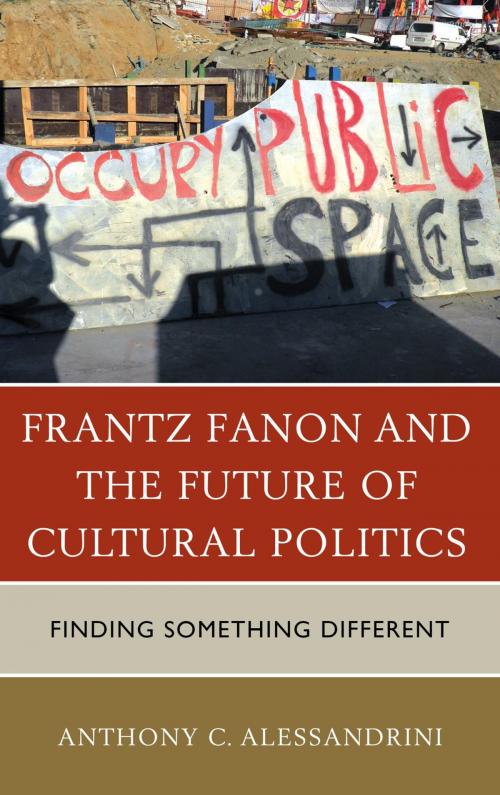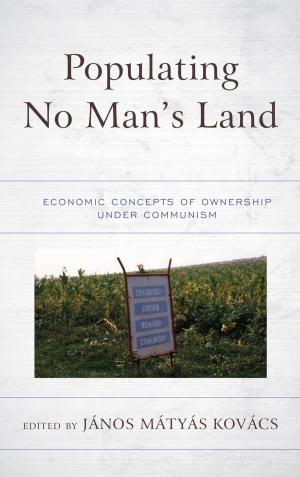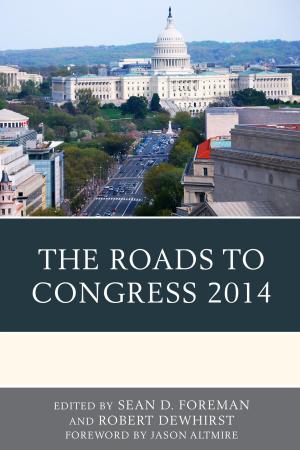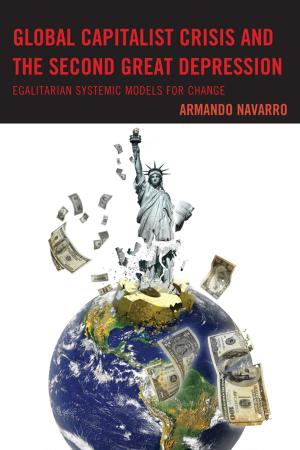Frantz Fanon and the Future of Cultural Politics
Finding Something Different
Fiction & Literature, Literary Theory & Criticism, Theory, Nonfiction, Social & Cultural Studies, Political Science| Author: | Anthony C. Alessandrini | ISBN: | 9780739172292 |
| Publisher: | Lexington Books | Publication: | July 1, 2014 |
| Imprint: | Lexington Books | Language: | English |
| Author: | Anthony C. Alessandrini |
| ISBN: | 9780739172292 |
| Publisher: | Lexington Books |
| Publication: | July 1, 2014 |
| Imprint: | Lexington Books |
| Language: | English |
This book focuses on a reading of Frantz Fanon’s work and life, asking how the work of a revolutionary writer such as Fanon might be best appropriated for contemporary political and cultural issues.
Separate chapters introduce Fanon’s life and examine the question of Fanon as our contemporary; review the field of “Fanon studies” that has grown up around his work; bring Fanon into conversation with the critical contemporary figures Edward Said, Michel Foucault, Jamaica Kincaid, and Paul Gilroy; and turn to Fanon’s work to think through the contemporary popular uprisings that have come to be known as the “Arab Spring.”
The book concludes by arguing that a reevaluation of Fanon’s life and work can provide us with a particular set of lessons about solidarity—lessons that are crucial for the contemporary political struggles that face us today and that will continue to confront us in the future. Finding Something Different: Frantz Fanon and the Future of Cultural Politics is inspired by Fanon’s unsparing struggle against the depredations of racism and colonialism, and his lifelong commitment to finding something different.
This book focuses on a reading of Frantz Fanon’s work and life, asking how the work of a revolutionary writer such as Fanon might be best appropriated for contemporary political and cultural issues.
Separate chapters introduce Fanon’s life and examine the question of Fanon as our contemporary; review the field of “Fanon studies” that has grown up around his work; bring Fanon into conversation with the critical contemporary figures Edward Said, Michel Foucault, Jamaica Kincaid, and Paul Gilroy; and turn to Fanon’s work to think through the contemporary popular uprisings that have come to be known as the “Arab Spring.”
The book concludes by arguing that a reevaluation of Fanon’s life and work can provide us with a particular set of lessons about solidarity—lessons that are crucial for the contemporary political struggles that face us today and that will continue to confront us in the future. Finding Something Different: Frantz Fanon and the Future of Cultural Politics is inspired by Fanon’s unsparing struggle against the depredations of racism and colonialism, and his lifelong commitment to finding something different.















